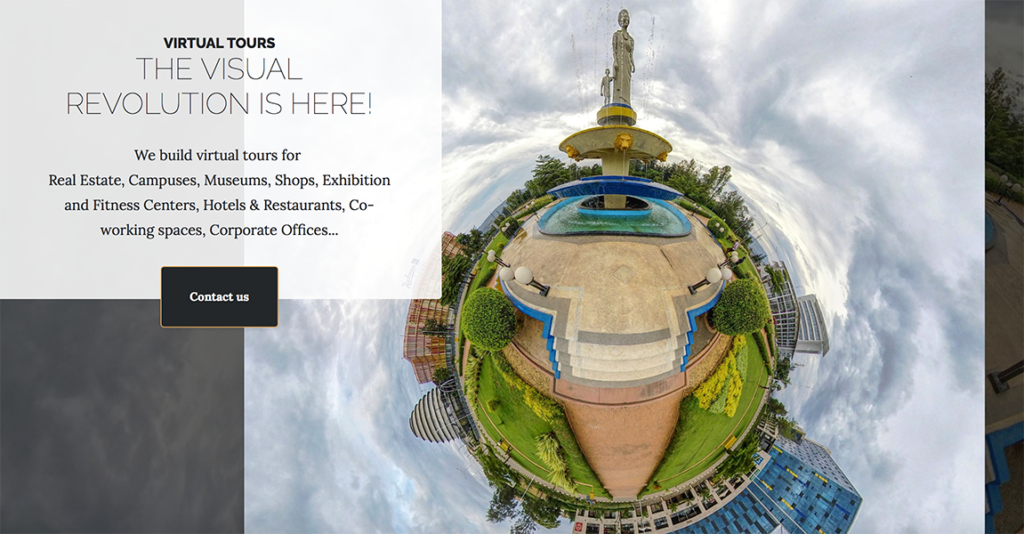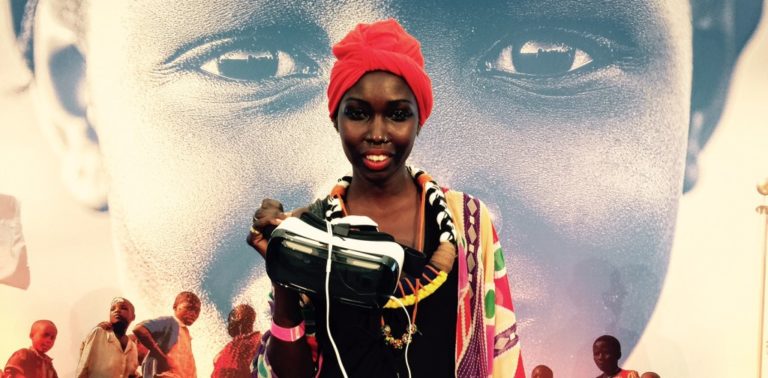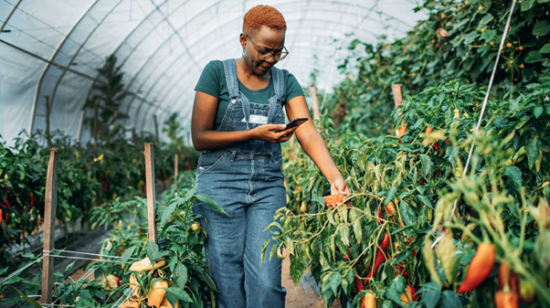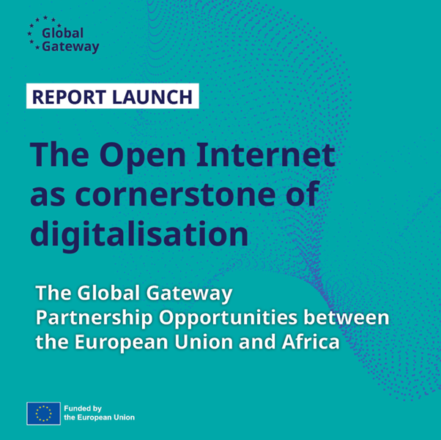What if technology reinvented access to tourism ? Given the latest advances in immersive digital tools (virtual reality, augmented reality), the issue is anything but rhetorical: South Africa safari 3D model, a virtual tour of the Kasbah of Algiers, a more real-life visit to the famous "silverback" gorillas of Rwanda... The range of possible virtual tourism experiences has continued to expand since the COVID-19 pandemic, and this while confinements, suspension of air links and health restrictions have made "actual" travel significantly more difficult and restrictive.
"Virtual reality solutions have benefited greatly from COVID-19 crisis because they are perfectly suited to fill the gap created by travel restrictions and confinements around the world"
Rwandan startup Kigali 360 specializing in virtual reality is one of those African companies that bet early on this growing segment. Launched in November 2018, the young startup is now leveraging Google Street View technology to create immersive experiences aimed at, among others, "tourism companies but also universities and co-working spaces," says the CEO, Patrick KARANGWA. The tech entrepreneur also acknowledges that "the pandemic has been a blessing" for his company, insofar as virtual solutions are "perfectly suited to fill the gap created by travel restrictions and confinements around the world.

In fact, the relationship with digital simulation tools in the tourism industry has developed considerably since the outbreak of the coronavirus in early 2020. Thus, while virtual tourism has been so far essentially used to promote a destination before the actual visit, it is now thought of as a fully-fledged experience, like the virtual safaris of the South African national parks offered by the Wild Earth, website, which have been a great success.
"The African tourism industry, which lost $55 billion in revenue in the three months following the start of the COVID crisis, according to the African Union, is now seeking to exploit all levers available to maintain a minimum level of activity"
African governments are also participating in this new dynamic, like the Kenyan campaign "The Magic Awaits" - launched in June 2020 with sixteen tourist destinations promoted virtually - or the South African operation "We Are Worth Waiting For", also intended to harness the potential of virtual tourism in the Rainbow Nation. The stakes are certainly high: the African tourism industry, which lost 55 billion dollars in revenue in the three months following the start of the COVID crisis, according to the African Union, is now seeking to exploit all the levers available to maintain a minimum level of activity.
“E-travel is a new format of experiences, online, live and completely immersive, halfway between living reportage and scripted travel”
For Anouar HACHEMANE and Marion BLATRIX, the co-founders of the Maghreb Experience, it is not a question of offering an alternative to traditional tourism in crisis but to propose another experience to discover a site, through its population, its culture, its craftsmen. All this, virtually. "E-travel is a new format of experiences, online, live and completely immersive, halfway between live reportage and scripted travel," explains Anouar Hachemane. We propose to visit, for example, the Kasbah of Algiers, “you are visiting live, with guides, this space. We take you with us, you meet artists, listen to musicians, learn how to prepare a mint tea... Share an interactive experience with those who make this space live.

Prior to that, Anouar and Marion set up Visit Maghreb, the first tourism development agency for travel agencies in India and South Asia. "Maghreb Experience provides tourists the opportunity to discover the Maghreb region through the eyes of what we call Maghreb makers, the men and women who bring the Maghreb alive today. This is equally delivered by the platform, because during the pandemic, it has allowed local artisans to live from their activities while tourist activity was at a standstill. "Maghreb Experience wants to revolutionize travel in the Maghreb and change the narrative on the region, highlighting the richness and diversity of Maghrebian cultures.
The platform, which is focused on the three Maghreb countries, Morocco, Algeria and Tunisia, for the time being, plans to diversify its activities and its target. "We will suggest to the sector stakeholders, hotels for example, to work on their branding, through virtual experiences."
“Virtual tours are a tool for attracting more visitors, generating interest and building trust with customers for those who can travel”
In Kigali too, Patrick KARANGWA strongly believes in the potential of these immersive environments. He said, it is obvious, "virtual tours are a tool for attracting more visitors, generating interest and building trust with customers for those who can travel. Not to mention the cost, since this formula should remain "an affordable alternative for those who cannot afford to travel or for those who wish to learn and explore the world," the Rwandan entrepreneur concludes.
What is next is to define an economic model that makes sense for everyone, as virtual tourism is still looking for a way to balance the need to spend money to promote a destination, and the need to get paid for an innovative service.





